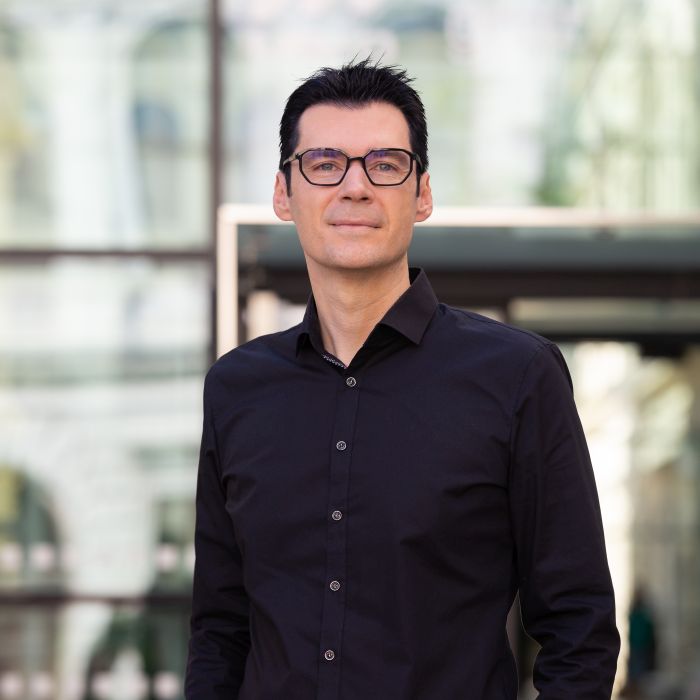Language Switching Costs Project: What happens to mathematical knowledge in bilingual learning?

At first glance, learning factual knowledge a foreign language sounds like "killing two birds with one stone". This is the opinion of more and more schools, which are expanding their range of immersion classes as a result. But does this form of instruction really only bring advantages? This question has been the focus of a research project since March 2023.
Studying mathematics in English sounds like a win-win situation for speakers of other languages. Pupils or students in so-called immersion teaching (or Content and Language Integrated Learning (CLIL)) learn the foreign language more or less automatically according to the principles of native language teaching - that is the basic idea. However, little research has been done to date on the possible disadvantages of this form of instruction.
"Bilingual learning, as it occurs for people of migrant origin, for example, undoubtedly has a positive effect on foreign language skills. What is less clear, however, is how it affects the content that is taught," says Roland H. Grabner from the Institute of Psychology at the University of Graz. This is precisely the question he has been investigating since March 2023 together with Henrik Saalbach from the University of Leipzig in the DFG-FWF research project "Language switching costs in bilingual mathematics learning".
Language switching costs
"The term 'language switching cost' refers to poorer performance when acquired knowledge is to be recalled in a language other than the one in which it was acquired. Such language switching costs have already been found in several laboratory studies," Grabner explains.
The current project aims to address several unanswered questions related to these language switching costs. In particular, it will investigate how stable these costs are over time, how they affect subsequent learning, what cognitive mechanisms are behind them, and to what extent they are related to individual differences, for example in foreign language competence.
"In addition, we want to find out which knowledge is stored in a strongly language-dependent manner and has correspondingly large language switching costs."
While at the University of Graz, factual knowledge and procedural knowledge in the form of arithmetic operations in arithmetic learning will be investigated in adults, at the University of Leipzig, the focus will be on investigating the procedural knowledge and conceptual knowledge of adolescents on the topic of probability.
One doctoral student and one student research assistant each will work on the project in Graz and Leipzig, which is scheduled to run for three years. In Graz, these are Kevin Baumschlager (PhD student) and Cornelia Pachner (student assistant).
The first surveys will begin in the fall of 2023, for which, incidentally, 240 students from all disciplines are being sought. Interested parties can register for this study now as well as receive further information. Participation in the study is paid.
The results of the study can be fed directly back into subject didactics - especially mathematics subject didactics, but also foreign language didactics, and therefore offer new insights into the effectiveness of CLIL teaching, which is becoming increasingly popular.
The laboratory study will take place as an experimental training study in two phases. In two groups, the test persons will learn mathematical content on several days. In the first study on the temporal stability of this knowledge, the knowledge of the participants will be tested again after one week, after one month and after three months. A second study will examine how the knowledge learned directly affects subsequent learning.
Laboratory studies are a very controllable approach to the subject, he said. "In practice, there are so many influencing factors, such as the socioeconomic background of the student:s or the way bilingual instruction is actually delivered. This leads to problems in measuring language change costs and their causes," Grabner points out.
Project Team

Univ.-Prof. Mag. Dr.rer.nat. Roland Grabner
Institut für Psychologie
http://psychologie.uni-graz.at/de/begabungsforschung/team/roland-h-grabner/
